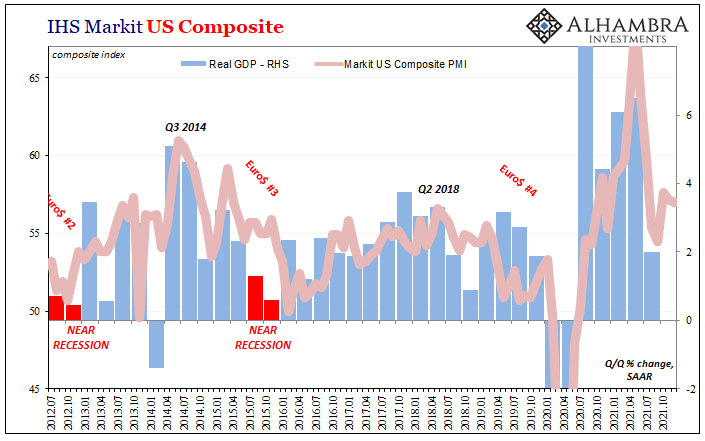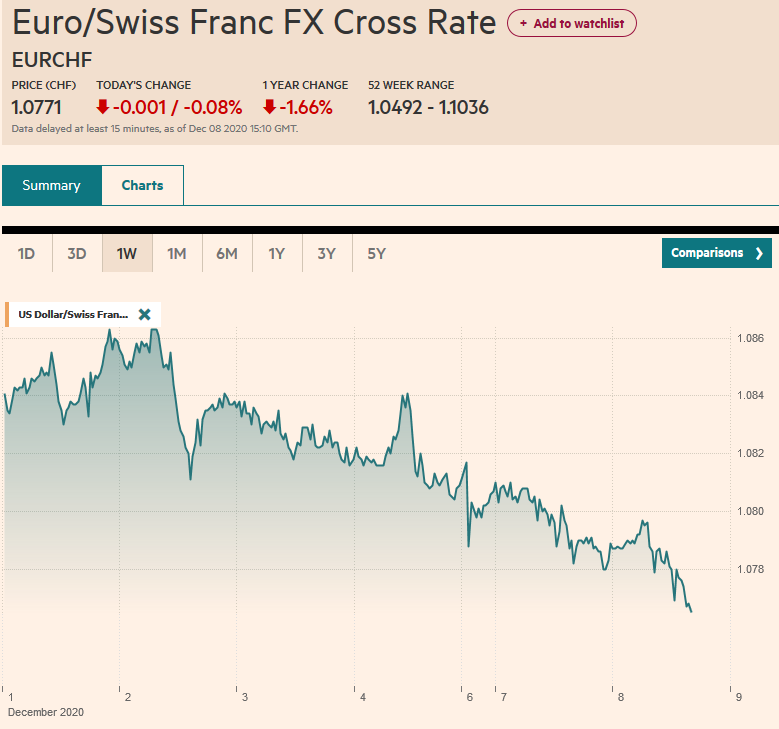Summary:
Rajoy is hoping to form a minority government this week.
It seems unlikely to succeed, which could lead to an election on Christmas.
Regional elections and corruption trials may change Spain’s political dynamics.
 There is a small chance that the political deadlock in Spain will be resolved this week.
There is a small chance that the political deadlock in Spain will be resolved this week. Despite the agreement on some 150 policy points, the Popular Party and Ciudadanos, the new center-right party, they will not secure a majority without the tacit support of some members of either the Socialists or the new left party Podemos.
PP leader and caretaker Prime Minister Rajoy is pushing hard. A vote of confidence will be held today. A majority is needed. Most likely he will not secure a majority. The second round, on Friday, requires a plurality. This can be achieved if around 11 opposition members abstain.
The leaders of both the Socialists and Podemos refuse to do anything that helps Rajoy serve another term. The Socialists and the PP have largely taken turns governing Spain. The obstacle is not ideology. It is ego. It would be considerably easier to end the eight-month stalemate if Rajoy would stand aside and allow another PP official take the realm. The Socialist and Podemos appear to be most put off by the alleged corruption.
If Rajoy does not win the vote of confidence, then there is a two-month period during which fresh negotiations can take place before the King has to call another election. There is talk in the local press that if necessary, that election could be held on Christmas. Nevertheless, another window may open during the two-month period. Two important events will take place that could alter political calculations.
First, the relatively independent regions of Basque and Galicia will hold local parliamentary elections on September 25. The outcome could influence the Socialists calculations. Second, and just as important, if not more so, the first of several corruption trials for Popular Party officials will start in October. New revelations are possible.
Frankly, many investors have not shown much interest in Spanish political developments. There has been no noticeable underperformance by Spanish assets over the past month. The 10-year and 2-year yields are through Italy’s, and Spanish equities gained nearly 2% this month compared with 1% gain in Italy.
Meanwhile, the Spain remains one of the fastest growing economies in EMU, even with a caretaker government since the start of the year. It has been helped by some labor market reforms, some banking reform (recapitalization before the BRRD limitations that handcuff Italy’s Renzi), and the drop in yields spurred by the ECB. However, the political deadlock is taking a toll. It has frozen reform efforts, and the excessive deficit has not been corrected. The next government, and of course, the people, will pay for the political deadlock even if the bill has not yet been sent.
Full story here
Are you the author?
He has been covering the global capital markets in one fashion or another for more than 30 years, working at economic consulting firms and global investment banks. After 14 years as the global head of currency strategy for Brown Brothers Harriman, Chandler joined Bannockburn Global Forex, as a managing partner and chief markets strategist as of October 1, 2018.
Previous post
See more for 2.) Europe and Euro Crisis
Next post
Tags:
$EUR,
newslettersent,
Spain
 There is a small chance that the political deadlock in Spain will be resolved this week. Despite the agreement on some 150 policy points, the Popular Party and Ciudadanos, the new center-right party, they will not secure a majority without the tacit support of some members of either the Socialists or the new left party Podemos.
There is a small chance that the political deadlock in Spain will be resolved this week. Despite the agreement on some 150 policy points, the Popular Party and Ciudadanos, the new center-right party, they will not secure a majority without the tacit support of some members of either the Socialists or the new left party Podemos.


































